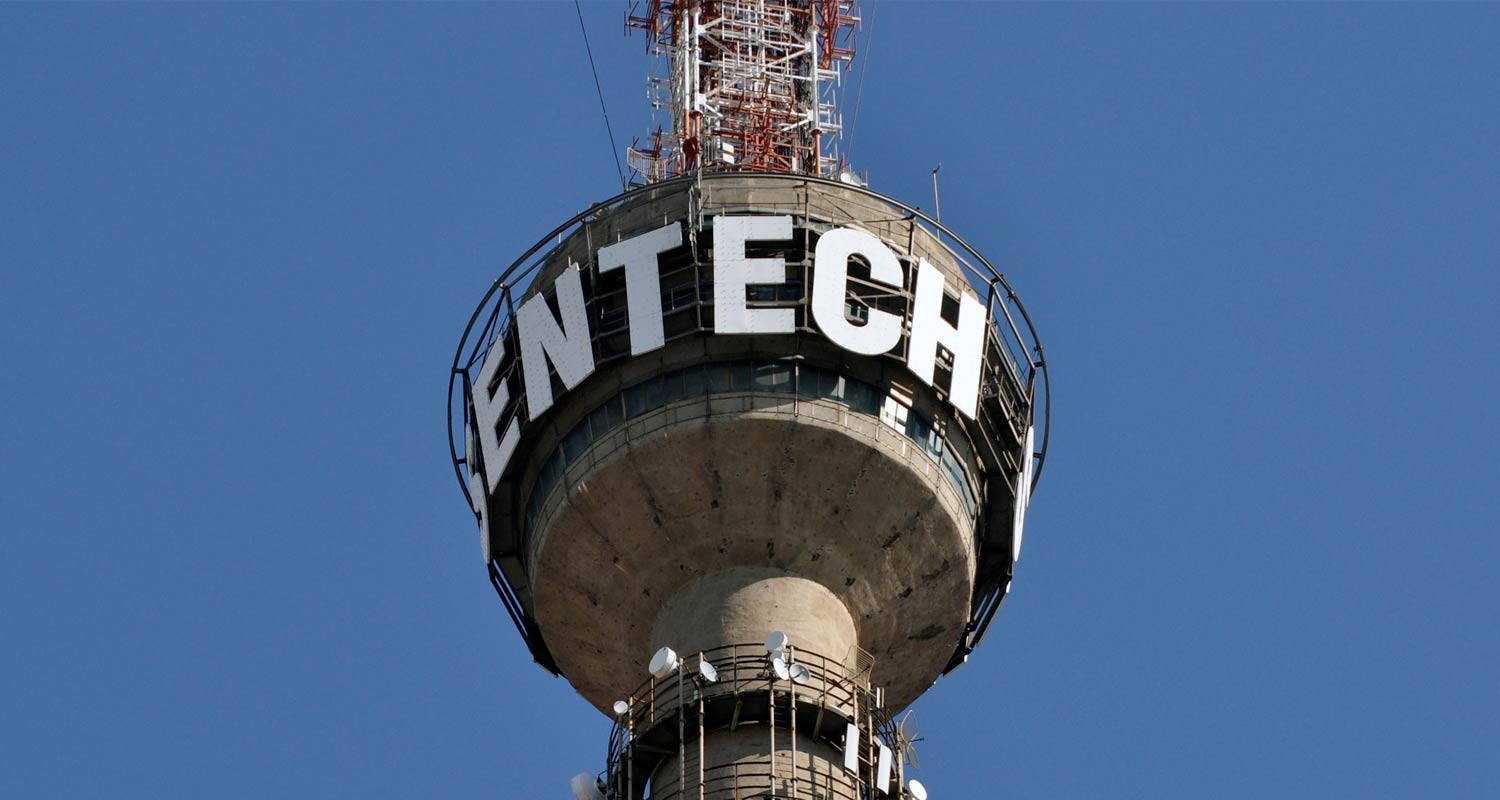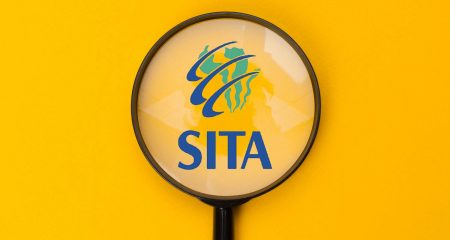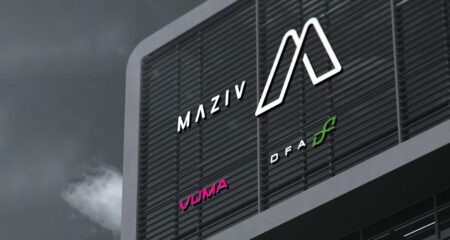 The SABC is headed to the Competition Tribunal over its allegations that broadcasting signal distributor Sentech is charging it excessive prices and engaging in anticompetitive behaviour.
The SABC is headed to the Competition Tribunal over its allegations that broadcasting signal distributor Sentech is charging it excessive prices and engaging in anticompetitive behaviour.
This emerged after a debate in parliament on Tuesday, where Doris Tshepe, head of the Competition Commission, told MPs that a commission-led effort to mediate between the parties had failed.
The portfolio committee on communications & digital technologies, chaired by ANC MP Boyce Maneli, heard that the SABC will continue to press its claim that the tariffs Sentech charges for analogue and digital terrestrial television transmission are excessive.
Communications minister Mondli Gungubele told the same committee meeting that the public broadcaster pays Sentech R20-million/month, but that its debt to the state-owned signal distributor is huge and is beginning to have repercussions for the company’s financial stability.
But the SABC is showing no sign of backing down, turning to the Competition Tribunal directly for relief.
Last year, it emerged in parliament that the SABC owed Sentech more than R700-million, and deputy communications minister Philly Mapulane told MPs at the time that the SABC was not only technically insolvent but owed Sentech about half of its annual revenue.
In its earlier complaint to the Competition Commission, the SABC strongly criticised Sentech’s tariffs and behaviour, describing the fees as “not appropriate or correct”. It said its concerns led to the creation of a “chart of accounts project” at the public broadcaster to determine the fairness or otherwise of Sentech’s fees.
War over fees
“The details of the various costs per service and per transmission site have been requested from Sentech with the objective of understanding how the structure of the cost for each service was derived. Sentech has not been cooperative in this regard for the past two years,” the public broadcaster alleged.
“The SABC is of the view that Sentech’s conduct contravenes … the Electronic Communications Act, which provides that in determining its tariffs, Sentech must duly take into account the nature and technical parameters of the service provided to each broadcasting licensee with a view to ensuring that the different tariffs are appropriate and commensurate with the various broadcasting services to which they relate.”
The commission said there were several factors that needed to be considered, including Sentech’s price-cost margin, internal rate of return on capital invested and profit history.
Read: New SOE holding company set to house Sentech, Broadband Infraco
An assessment conducted by the commission in the form of price-cost tests focused on the financial period from 2017 to 2021 found that Sentech’s prices for radio terrestrial transmission increased by percentages of between 3.37% and 5.37%/year.
For TV terrestrial transmission in the same period, prices increased by 3.37% and 4.85%/year. The commission concluded that these prices were low and in line with inflation.

But the public broadcaster is having none of it. “The SABC has noted that the Competition Commission has ruled that Sentech’s tariffs are not excessive. However, the SABC is challenging the commission’s ruling in terms of a self-referral application filed directly with the Competition Tribunal for a possible different ruling,” an SABC spokeswoman told TechCentral on Wednesday in response to questions about the developments in parliament.
Head of the Gibs Media Leadership Think Tank at the Gordon Institute of Business Science, Michael Markovitz – himself a former member of the SABC board – told TechCentral: “It is important to be historically accurate. The SABC never blamed Sentech’s monopoly pricing as the reason for all the public broadcaster’s woes. Addressing Sentech’s unfair, unregulated tariffs was one of several SABC priorities directed at legacy regulations.
Read: Warning that the SABC could drag down Sentech
“The SABC lodged a complaint against Sentech at the Competition Commission in 2021 because the industry regulator (Icasa) had failed to carry out its statutory obligation to regulate Sentech’s monopoly tariffs despite starting a process 14 years ago. Many don’t know that Icasa initiated a market inquiry on the broadcasting transmissions market in September 2010, producing findings in 2013 but then failed to gazette any regulations,” Markovitz said.
“Without explanation, Icasa simply abandoned a statutorily required process, leaving the SABC and others at the mercy of monopoly pricing in the terrestrial signal distribution market. In 2021, Icasa started a fresh inquiry on the signal distribution market, effectively discontinuing the 2010 process. That 2021 inquiry has still not been completed,” he said.
The focus on legacy regulations also included the SABC’s request in 2017 for Icasa to review and amend the must-carry regulations. The regulator not only then took four-and-a-half years to amend these regulations, but the new regulations still overwhelmingly favour the MultiChoice Group and prejudice the SABC, Markovitz said.
“Working within the new, flawed regulations, the SABC commenced commercial negotiations with MultiChoice, but these talks deadlocked more than one year ago. The deadlock was reported to Icasa at the time. Despite this being an opportunity for the SABC to negotiate carriage fees for its channels on DStv and boost the revenue line, there has been no movement from Icasa on SABC’s must-carry dispute with MultiChoice.
“The regulator’s 14-year ‘ball drop’ on signal distribution tariffs and its failure to act timeously on the must-carry dispute has been disappointing, particularly since Icasa is required by law to protect the integrity and viability of the public broadcaster.” — © 2024 NewsCentaral Media




